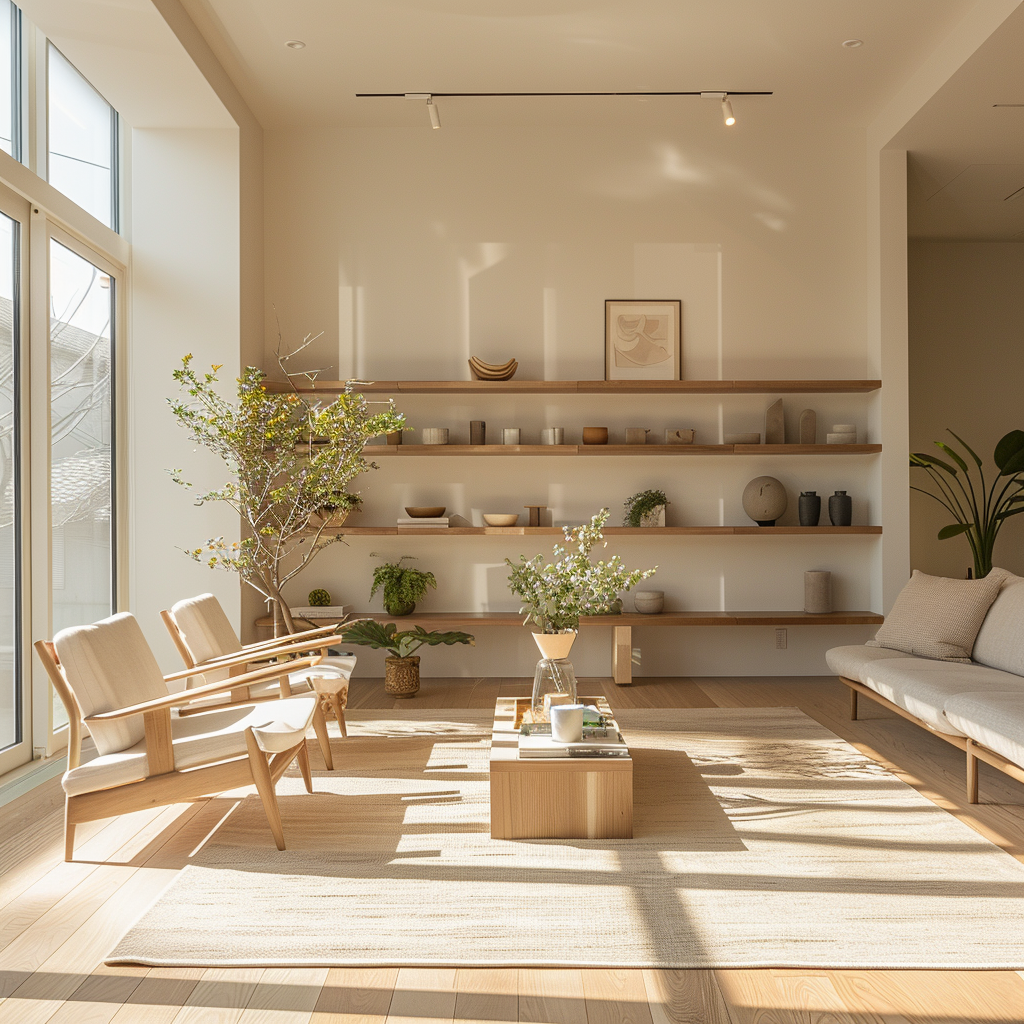Feeling overwhelmed by clutter in your home? You’re not alone. Many people don’t realize just how much the physical environment impacts their mental well-being. A cluttered space often leads to a cluttered mind, making it harder to focus, relax, and feel in control. If you’ve been craving a clearer, more peaceful mind, decluttering your home might be the perfect solution. In this article, we’ll explore how to declutter your home in practical, manageable steps that can help you regain mental clarity, reduce stress, and create a space that truly supports your well-being.
1. Start Small: Focus on One Area at a Time
Decluttering your entire home can feel like a monumental task, which is why it’s important to start small. Trying to tackle everything at once can lead to frustration and burnout. Instead, choose one room or even one area within a room to begin with, like a closet or a desk.
Unique Insight: Studies show that small wins boost motivation. Completing even a minor decluttering project can give you a sense of accomplishment, motivating you to tackle larger areas.
Actionable Tip: Pick one area, such as your kitchen counter or bathroom cabinet, and set a timer for 20 minutes. Use that time to declutter as much as you can without distractions.
2. The ‘Keep, Donate, Toss’ Method
One of the simplest and most effective strategies for decluttering is the ‘Keep, Donate, Toss’ method. As you sort through your belongings, ask yourself: Do I need or love this item? If the answer is no, decide whether it should be donated or tossed. This straightforward system helps you make decisions quickly, without overthinking.
Actionable Tip: Set up three boxes or bags labeled “Keep,” “Donate,” and “Toss” before you start decluttering. This will help streamline the process and reduce decision fatigue.
Unique Insight: Be mindful of emotional attachments that may cloud your judgment. While it’s okay to keep items with sentimental value, try to limit how much space they take up in your home.
3. Digitize Paper Clutter
Paper clutter is one of the most persistent forms of clutter in many homes—old bills, receipts, manuals, and magazines can pile up quickly. Going digital is a fantastic way to reduce this clutter and keep essential documents safe.
Actionable Tip: Invest in a good document scanner or use a scanning app on your phone to digitize important papers. Once saved, recycle or shred the physical copies. For recurring documents like bills or statements, opt for paperless billing to keep future clutter at bay.
Bonus Insight: Cloud storage services are an excellent way to keep your digital files organized and accessible without taking up any physical space.
4. Declutter Daily: The 10-Minute Rule
Decluttering doesn’t need to be a marathon event that you dread. In fact, one of the best ways to keep clutter at bay is by making it part of your daily routine. The 10-minute rule encourages you to spend just 10 minutes a day tidying up and putting things back where they belong. It’s a quick, easy habit that prevents clutter from piling up over time.
Actionable Tip: Set a timer at the end of each day, and spend those 10 minutes tidying up one small area. This could include straightening up your living room, clearing off your desk, or putting away laundry.
Pro Insight: Decluttering daily not only keeps your home organized, but it also reinforces a sense of order and calm, which contributes to better mental clarity.
5. Adopt a Minimalist Mindset
Decluttering is not just about removing things from your home; it’s about rethinking what you bring in. Adopting a minimalist mindset helps prevent future clutter from accumulating. Before purchasing new items, ask yourself if they truly add value to your life. Often, we buy things out of impulse or habit, not because we need them.
Actionable Tip: Implement a one-in, one-out policy. For every new item you bring into your home, remove one item that no longer serves you. This will help maintain balance and prevent clutter from sneaking back in.
Unique Insight: Research shows that people who adopt minimalist lifestyles report higher levels of satisfaction and lower levels of stress. Less stuff means less to clean, organize, and worry about.
6. Declutter for Mental Health: The Link Between Space and Clarity
Clutter isn’t just about appearances—it has a direct impact on mental health. Studies have shown that cluttered environments can increase stress levels, reduce focus, and even lead to feelings of anxiety or depression. By decluttering your home, you can create a space that promotes calm, relaxation, and mental clarity.
Actionable Tip: Pay special attention to areas where you spend a lot of time, such as your bedroom or workspace. Keeping these areas clutter-free can significantly improve your ability to focus and relax.
Pro Insight: The physical act of decluttering can also be therapeutic. It gives you a sense of control and accomplishment, which can be especially helpful if you’re feeling mentally overwhelmed.
Conclusion: A Clutter-Free Home for a Clutter-Free Mind
Decluttering isn’t just about creating a cleaner home; it’s about improving your mental clarity and overall well-being. By starting small, using practical methods like the ‘Keep, Donate, Toss’ approach, and adopting a minimalist mindset, you can transform both your home and your mind.
















